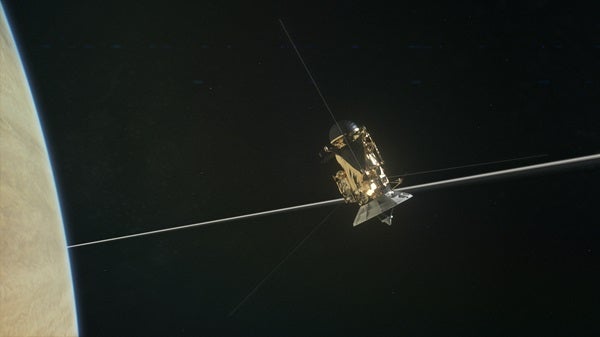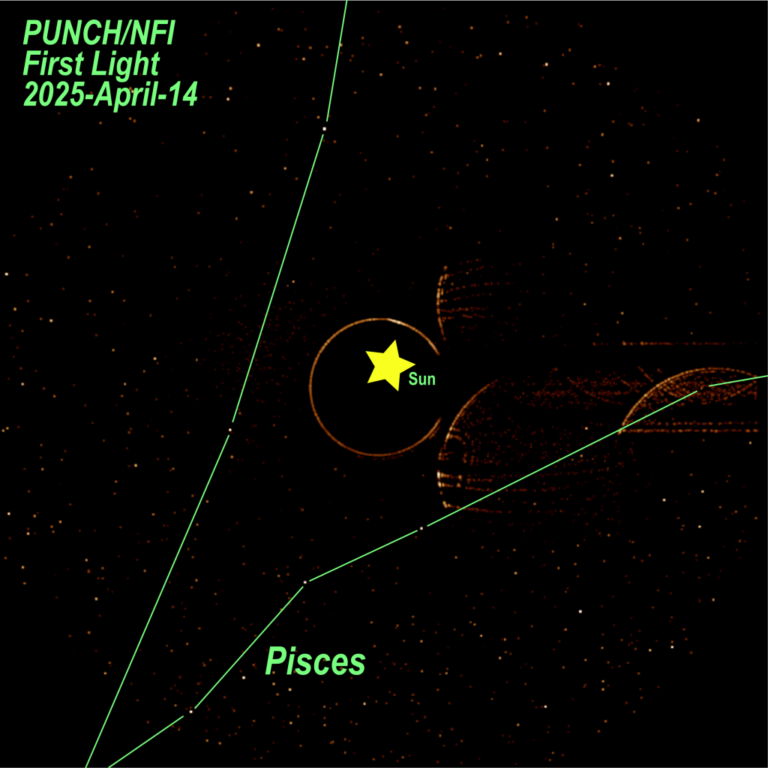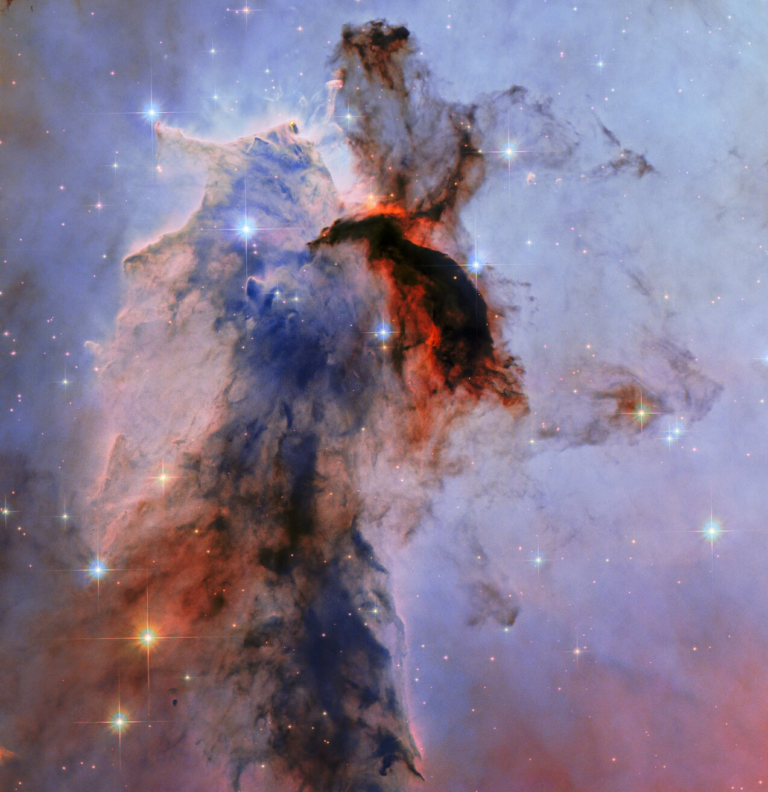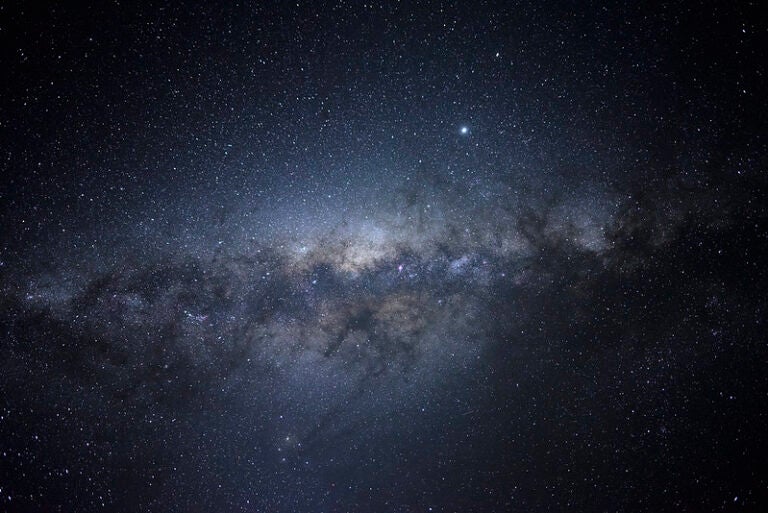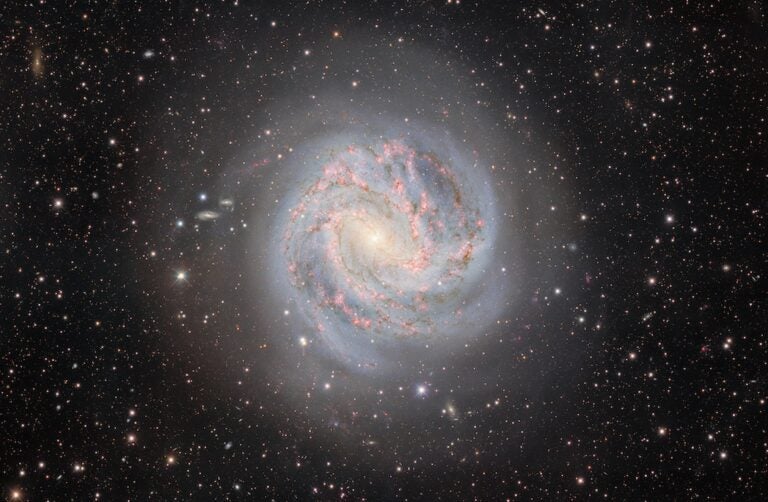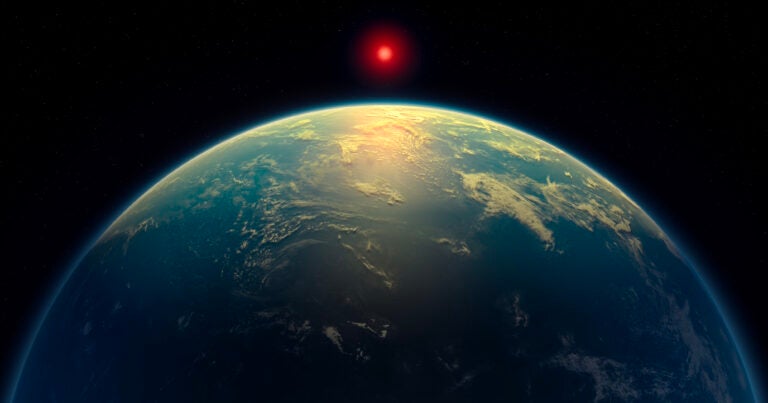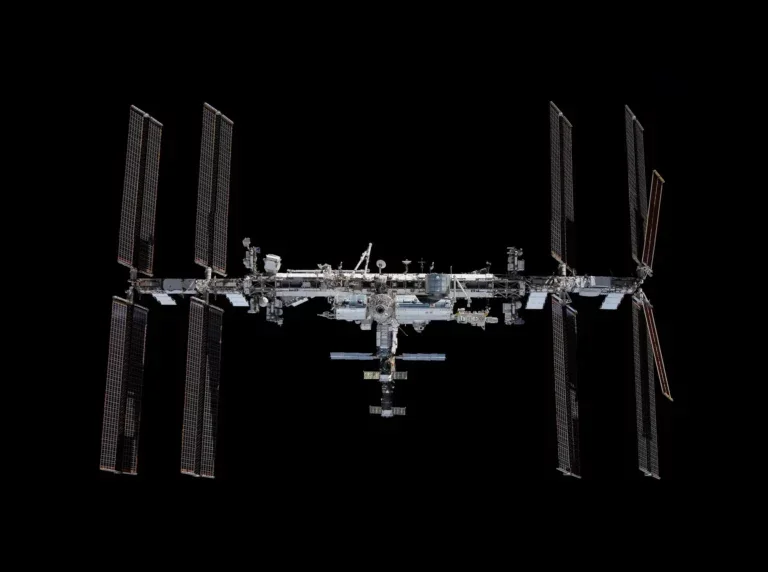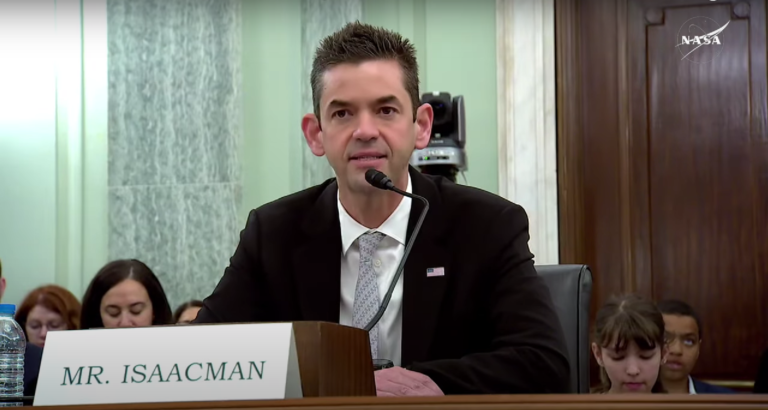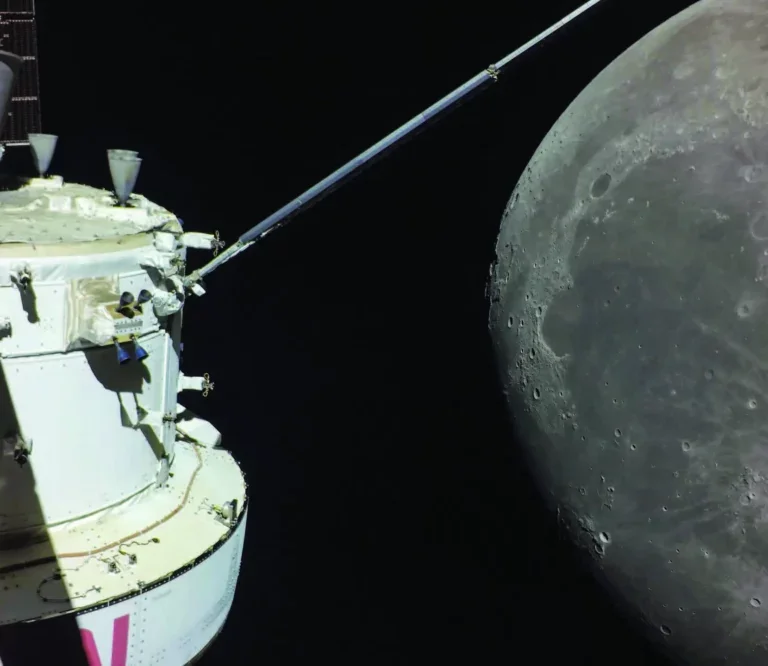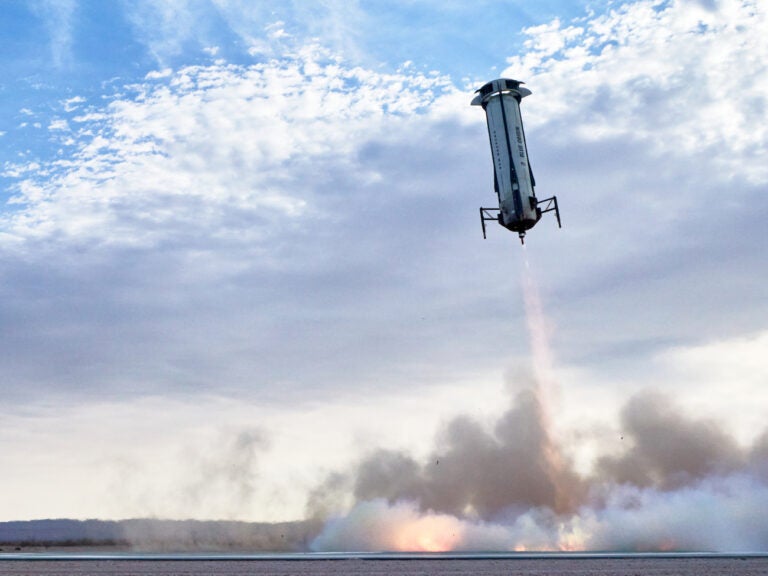Yesterday, NASA’s Cassini spacecraft entered its second of the 22 dives and scientists are excitedly waiting for the data to get a second look at the rings after the surprising information from the first dive: there appears to be no dust in the area.
With this revelation, the Cassini team is continuing on with their original plan for further observations. Though now the team can ignore their “plan B” and won’t have to worry about dust affecting the instruments.
“The region between the rings and Saturn is ‘the big empty,’ apparently,” Cassini Project Manager Earl Maize of NASA’s Jet Propulsion Laboratory said in a press release. “Cassini will stay the course, while the scientists work on the mystery of why the dust level is much lower than expected.”
Having no other spacecraft pass through Saturn’s rings before, the team had prepared for a dusty environment in the 1,200-mile (2,000-kilometer-wide) area, planning to have Cassini use its round antenna as a shield.
When Cassini’s Radio Plasma Wave Science (RPWS), the instruments in the shield that detect dust, detected a very small amount, scientists switched the data to audio format. Expecting to hear the pops and cracks of dust hitting the RPWS, the team was surprised to only hear the squeaks of Cassini diving through the rings.
“It was a bit disorienting — we weren’t hearing what we expected to hear,” said William Kurth, RPWS team lead at the University of Iowa, Iowa City. “I’ve listened to our data from the first dive several times and I can probably count on my hands the number of dust particle impacts I hear.”
After assessing the data, the team believes Cassini only encountered a handful of dust particles no bigger than 1 micron across. Cassini is scheduled to reconnect today after its second dive yesterday.

